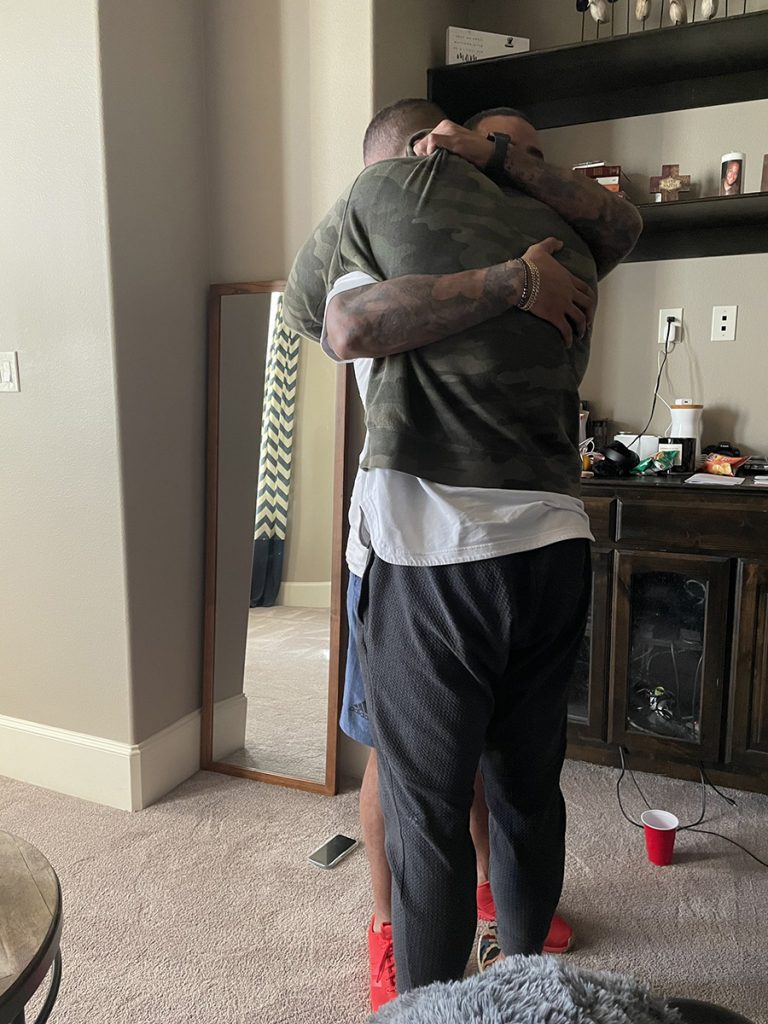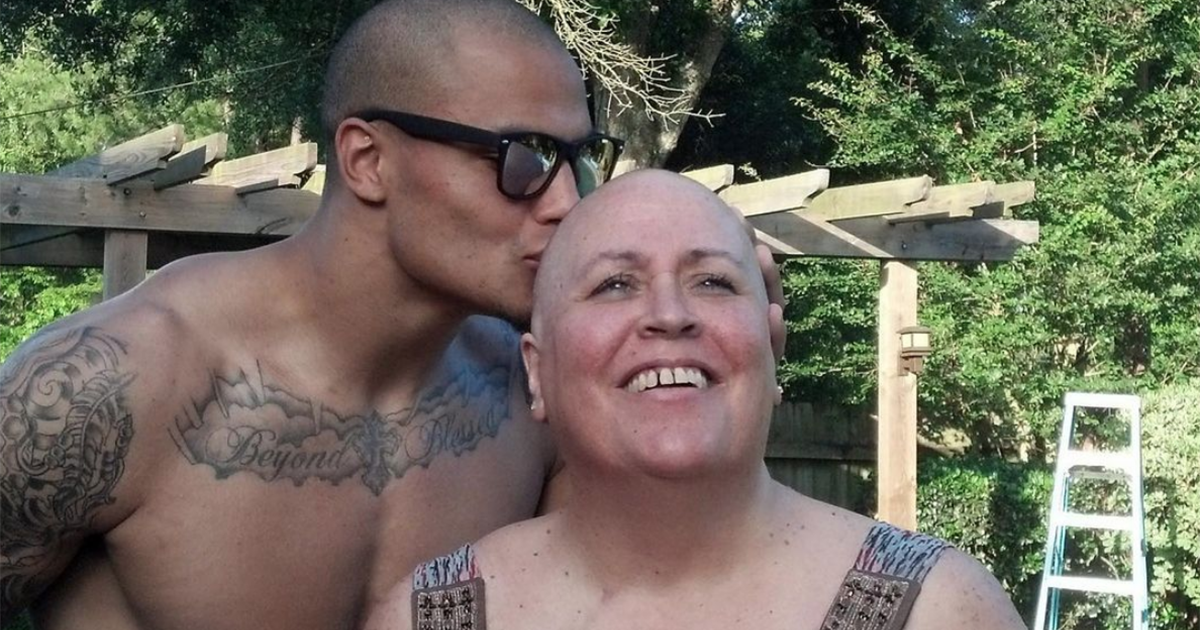Managing Late-Stage Colon Cancer
- Dallas Cowboys quarterback Dak Prescott has been through an extraordinary amount of tragedy. From the death of his mother and brother, to a potentially career-ending injury, Dak overcame it all and has now made his triumphant return to the football field.
- We don't know what stage Dak’s mother’s colon cancer had reached at the time of her death; when colon cancer is found early, it can often be managed. However, advanced stages of colorectal cancer are not always curable.
- Checkpoint inhibitors have been proven effective for certain later-stage cancers, including colon cancer. But the genetic codes in certain people may inhibit their positive effects.
First, he lost his mother, Peggy, to colon cancer, then his brother died from suicide. In April 2013, Peggy died from colon cancer at the age of 52 while Dak was playing football at Mississippi State University. Mid-season, Dak stepped away from the field to help his brothers Jace and Tad care for their mother while she was going through treatment.
Read MoreView this post on Instagram
As if that wasn't enough, just a few months after his brother's passing, Dak, now 28, suffered a compound fracture and dislocation of his right ankle. The injury sidelined him for nearly a year.
But on Monday night, Dak played his first home game in 351 days. With three touchdowns, he helped his fellow Cowboys deliver a crushing 41-21 defeat of their rival team the Philadelphia Eagles. Dak's performance on the field was a shining example of overcoming adversity. Without his mother or brother there to cheer him on, he was still able to shine.

Managing Late-Stage Colon Cancer
We don't know what stage Peggy's colon cancer had reached at the time of her death; when colon cancer is found early, it can often be managed.
The treatment of stage 1 colon cancer is surgery, in which a piece of the colon is removed and the colon is put back together, Dr. Heather Yeo, a colorectal surgeon and surgical oncologist at Weill Cornell Medicine and NewYork-Presbyterian, tells SurvivorNet. Surgery alone can be curative for these patients; chemotherapy isn't usually recommended for patients with localized disease. Patients with stage 1 colon cancer have a very good prognosis, with a five-year survival rate of about 90%.
However, advanced stages of colorectal cancer are not always curable. But because there are so many treatment options available, they can often be managed. Just in the last few years, new treatments have emerged that offer some hope. One treatment, called checkpoint inhibitors, is for people with a certain genetic profile, such as Lynch Syndrome.
Related: What is Lynch Syndrome? And Why is it Important to Know About for People Fighting Cancer?
Inherited Genetic Disorders in Colon Cancer: Lynch Syndrome
Lynch Syndrome can be passed down from either parent, and if you have it, you have an 80% chance of developing colon cancer in your lifetime.
These people may indeed be able to benefit from something called a checkpoint inhibitor, which are man-made antibodies that shut down key proteins on immune cells like PD-L1 essentially halting a cancer's ability to spread. Checkpoint inhibitors have been proven effective for certain later-stage cancers, Dr. Scott Strome, now the executive dean of the College of Medicine at University of Tennessee Health Science Center, tells SurvivorNet. But the genetic codes in certain people may inhibit their positive effects.
In order to know if you're a viable candidate for checkpoint inhibitors as a treatment for your later-stage cancer, check with your doctor. They'll go over your hereditary information to determine if it's one of your best options.
What Do Checkpoint Inhibitors Do for Cancer?
Colon Cancer: Know Your Risk
Colorectal cancer is a cancer that starts in the colon or rectum. These cancers, according to the American Cancer Society, can also be called colon cancer or rectal cancer, depending on where the cancer starts. Colon and rectal cancers are often grouped together because they have many features in common.

While experts don't know exactly what causes colon cancer, they do point to certain risk factors, such as diet, smoking tobacco and drinking alcohol. Having a family history of colorectal cancer can increase your risk, too. Since his mother died from colon cancer, Dak is now immediately at a higher risk of developing this type of cancer.
Risk factors are things that make you more likely to develop colon cancer. They don't mean that you'll definitely get this cancer only that you're slightly more likely to be diagnosed.
Contributing: Shelby Black and SurvivorNet staff
Learn more about SurvivorNet's rigorous medical review process.

